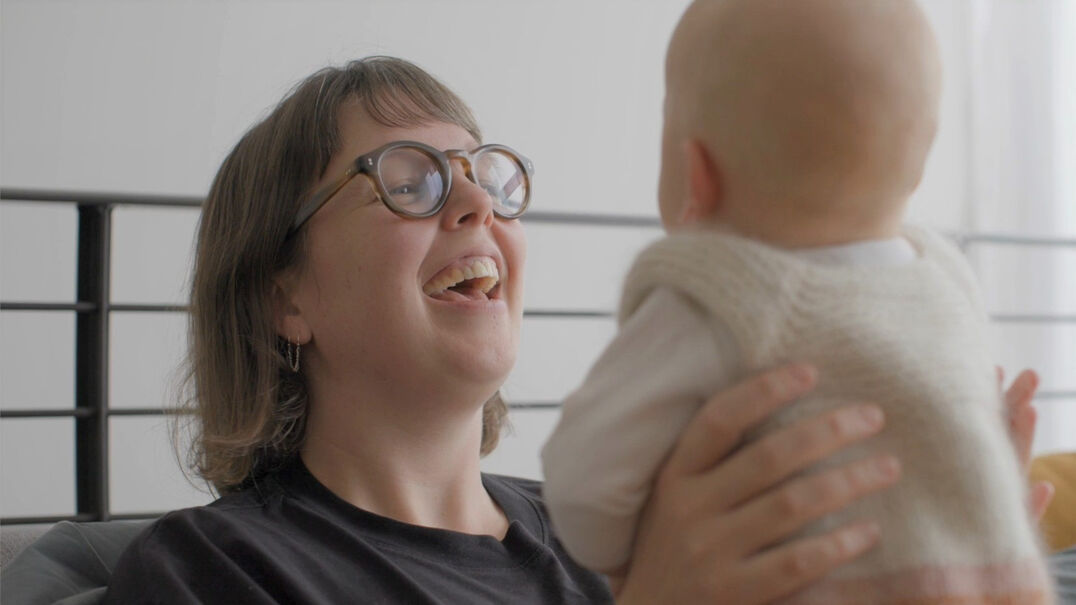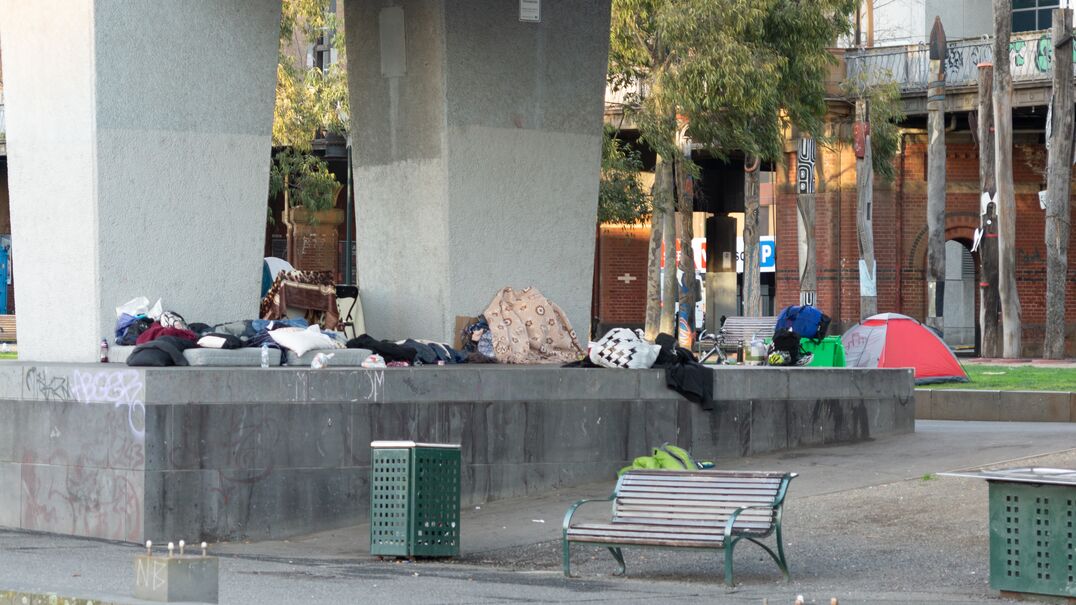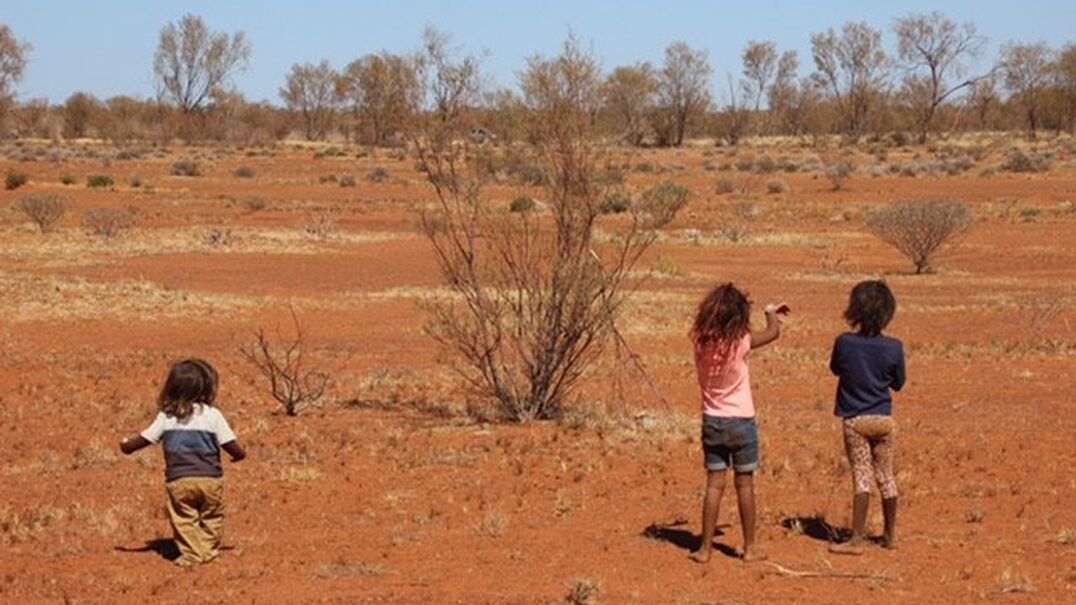Communities around the world are feeling the impacts of COVID-19. And for anyone who has suffered trauma or lives with anxiety normally, it’s an even more difficult time.
For families with children – especially children who are in out-of-home care – spending weeks at home without any school or other group activities will likely be pretty tough at times.
Over the coming weeks, Berry Street’s Take Two service will be providing resources to help families with children who have experienced developmental trauma to support and manage their wellbeing.
We’re hardwired to be social creatures and to be afraid of the unknown. Isolating ourselves so we don’t catch or spread the virus is not a natural way of living for humans. The uncertainty of how long this will go on and enforced isolation can make us feel not in control, and it’s these feelings that underpin most people’s anxiety.
Using a trauma-informed lens to support children and families
We’ll provide trauma-informed suggestions and activities for you to do at home and advice for adults to best support their own mental wellbeing, so they are best placed to look after the children in their care.
Here’s some advice for adults looking after children in out-of-home care:
1. Communicate openly – but appropriately
Being honest, open and available to talk about the virus is important. Children will already know some information about COVID-19, so ask them what they know already.
- Answer honestly and in a way that’s appropriate to their stage of development.
- Reassure them that staying at home is keeping them and other people safe.
- Keep checking in with them and spend one-on-one time with each child.
2. Create a predictable structure to the day
Structure and routines help children understand what to expect every day. Creating adapted rhythms in your routines while you’re all stuck at home can be very soothing. We’ve created a template for your household to adapt and use.
- Keep bedtimes and mealtimes regular.
- Keep normal, existing and healthy routines like getting up, brushing teeth and having a bath before bed.
- Get them doing something outside and physical every day if possible.
- Create time for playing outside, for contacting family and friends, for learning and for free time.
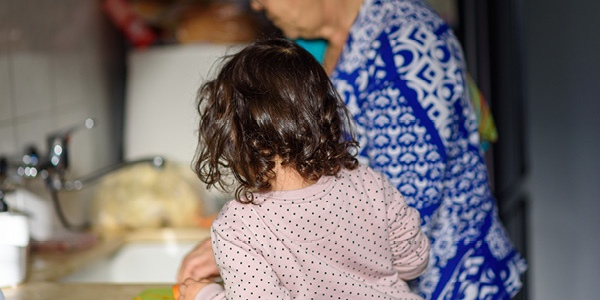
3. Lead by example
Children look to adults to see how they deal with stress and will take their cues from how you are behaving. Children can pick up on stress and anxiety in adults.
- Try and show them that you’re calm.
- Talk to them about things other than COVID-19. Ask them what they’re looking forward to, what activities they’d like to do at home or what’s worrying them.
- Avoid conversations with other adults that might scare them when they can hear you.
4. Look after yourself
You may feel anxious, scared, restless or tearful. Recognise how you’re feeling and understand that it’s completely normal. The key is to try and get on top of it before it gets on top of you.
- Try and carve out some time every day to look after yourself. If you don’t look after yourself, you won’t be able to look after children.
- Make sure you get enough sleep, do some exercise and eat healthy food every day.
- Do something you enjoy every day.
- Recognise that some days will be harder than others and you may need to take it an hour at a time.
5. Expect this time will come with challenges
Isolation is tough for many people. Do your best to stay calm and follow official advice, particularly around observing good hygiene habits, physically distancing yourself and staying at home whenever possible.
- Remember that your effort is helping others in the community avoid contracting the virus.
- Remind yourself and the children that this is a temporary period of isolation and things will return to normal.
- Realise that blow-ups may happen but keep reassuring the children that you love and care for them.
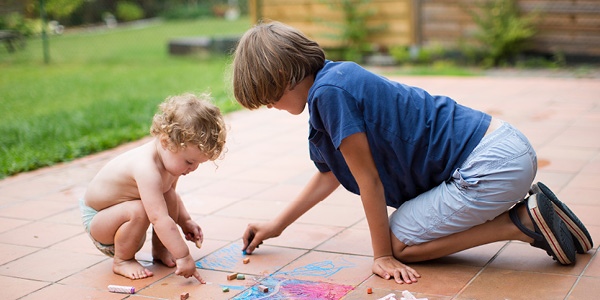
6. Turn the volume down on bad news
Seeing and hearing lots of negative information can heighten feelings of anxiety. While it’s important to stay informed, you may find it useful to limit your media intake if it is upsetting you.
Try to limit how much COVID-19 news the children are exposed to online, on TV or radio.
- Check the news and your social media feed just a couple of times a day.
- Children can become easily overwhelmed, so try and be positive and reassure them that we’ll get through this crisis.
7. Stay socially connected while remaining physically distanced
Although you might not be able to go out much, there are lots of ways to remain socially connected. Schedule time daily to connect with family, friends, colleagues and other people in your life and the children’s life.
- Call or SMS
- Use video calls – like Skype, Facetime or WhatsApp.
- Make little videos and send them via email or social media.
- Talk to neighbours while maintaining a physical distance between you.
8. Seek extra support if you need it
Without our normal social supports in place, you may need to seek some extra support.
You can contact the agency supporting your foster/kinship care placement or the Foster Carer Support Service in your state (contact FCAV in Victoria on 03 9416 4292).
You can also call beyondblue on 1300 22 4636 or Lifeline on 13 11 14 at any time.
Remember every adult and every child will deal with this outbreak and isolation differently, there are no right or wrong ways. Just do the best you can.
Take Two is a Victoria-wide outreach service provided by Berry Street on behalf of the Victorian Department of Health and Human Services. The service is recognised all over the world as a leading model of how best to support children and young people who have experienced complex developmental trauma.
Take Two can provide specialist clinical consultancy services to other organisations. Contact us for more information



